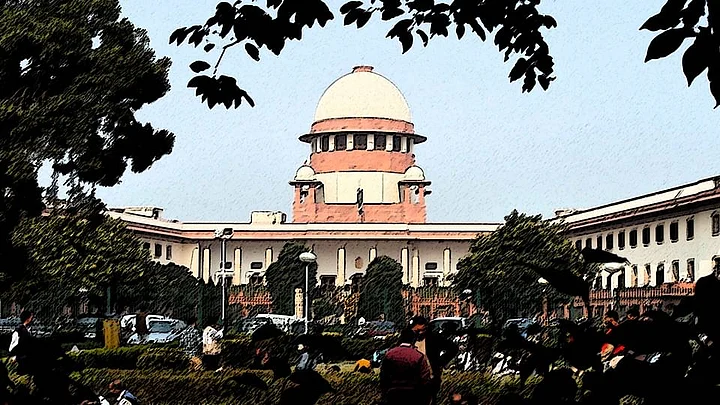The All India Muslim Personal Law Board (AIMPLB) on Thursday, 14 July, moved the Supreme Court opposing pleas challenging the Places of Worship (Special Provisions) Act, 1991.
The Board has requested inclusion in two Public Interest Litigation (PIL) petitions challenging the constitutional validity of the Act.
The Supreme Court is currently considering a challenge to the legality of the Places of Worship (Special Provisions) Act, 1991, based on a petition submitted by Bharatiya Janata Party (BJP) leader and attorney Ashwini Kumar Upadhyay.
Upadhyay claimed that the law violated Articles 25 (right to practise and propagate religion) and 26 (right to manage religious affairs) of the Constitution and that it discriminated against religious communities by preventing them from petitioning the courts to have their places of worship restored.
On March 12 of last year, the apex court issued a notice on the petition and requested a response from the Centre.
The board said that the litigations will "only create problems on the ground rather than resolving the claims of the alleged violation of fundamental rights of the litigants" claiming that they "have their political agenda on priority."
It said that such disputes "disturb the social fabric society" by "polarising people" on the basis of the religion.
The board said in its application that the purpose of the 1991 Act is to put an end to alleged claims relating to the places of worship.
"Dispute relating to a place of worship between different communities is highly sensitive and endangers the breach of public order and disturbs the peace and tranquillity of society," it added.
(At The Quint, we question everything. Play an active role in shaping our journalism by becoming a member today.)
